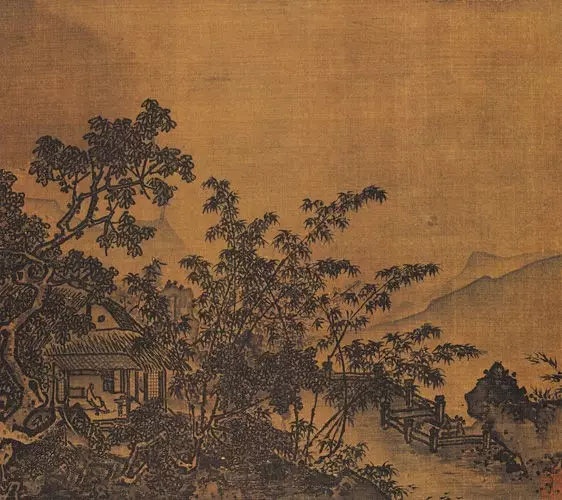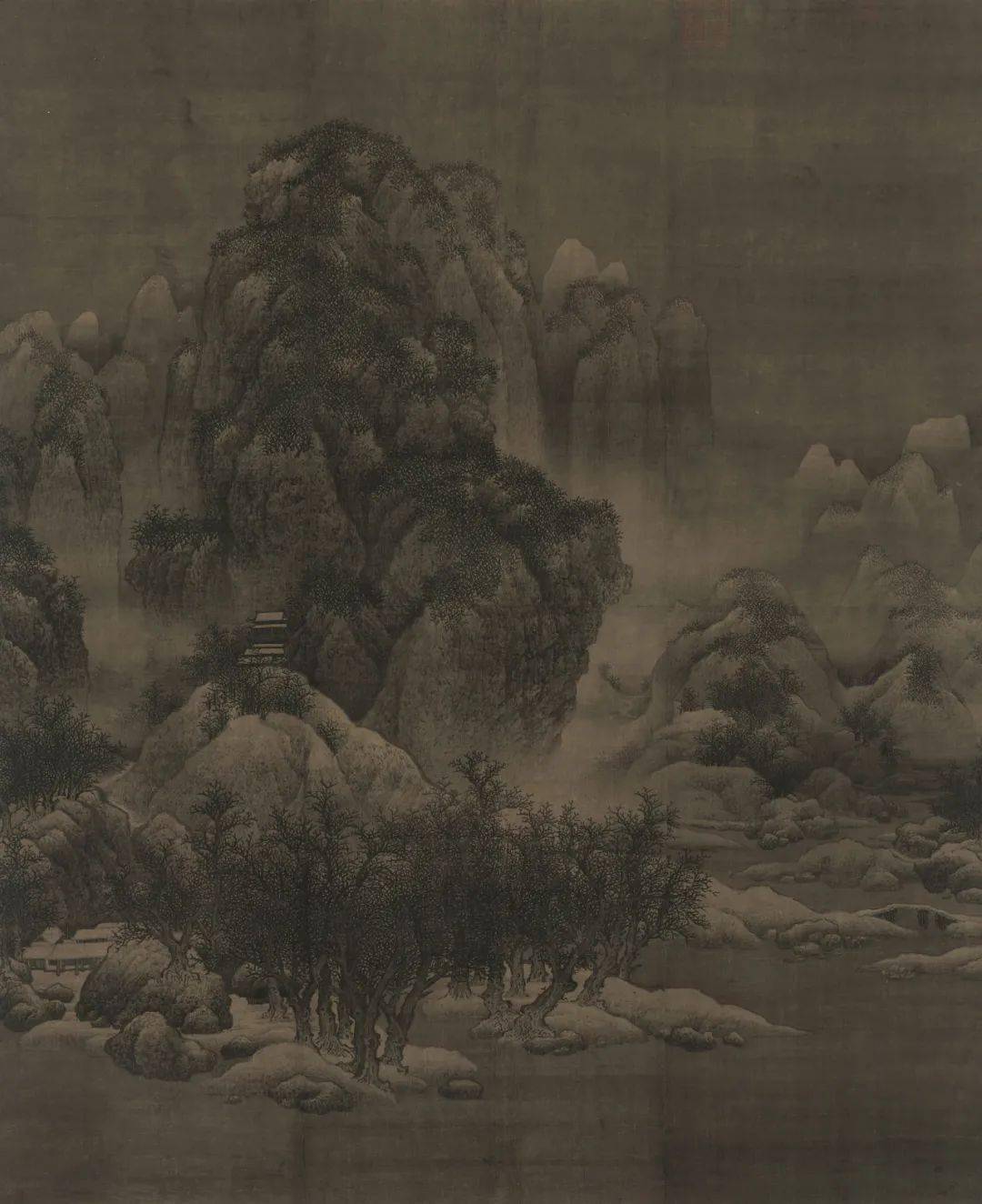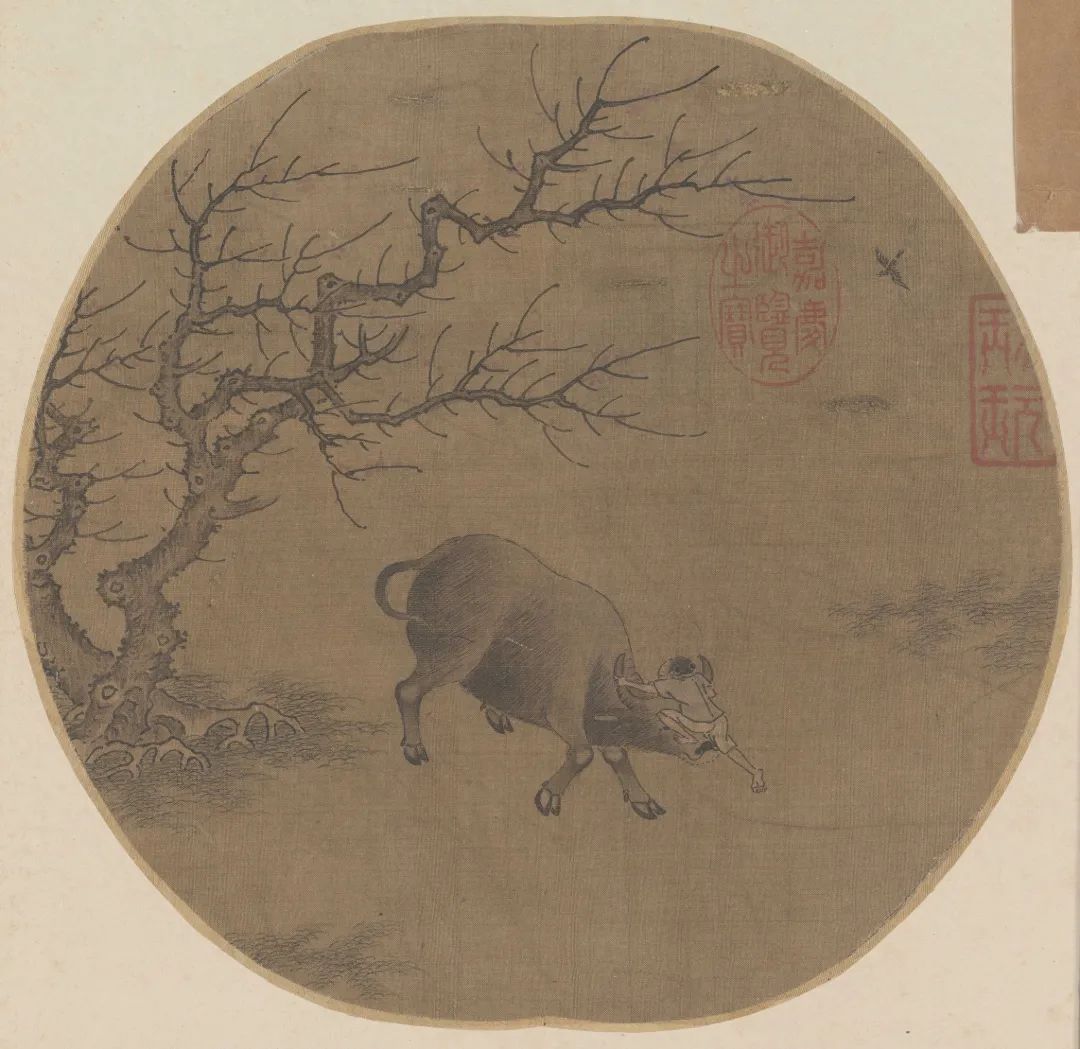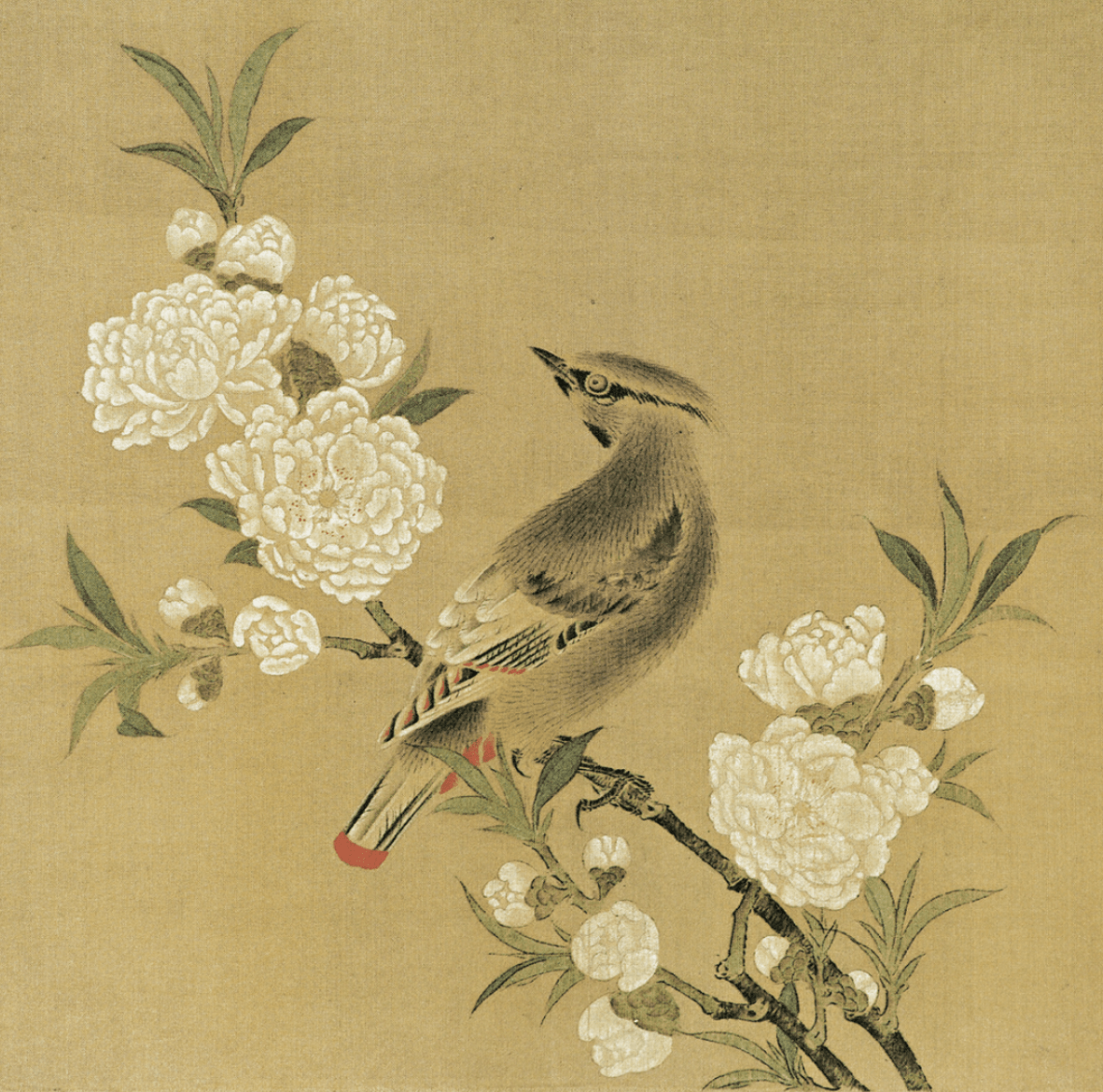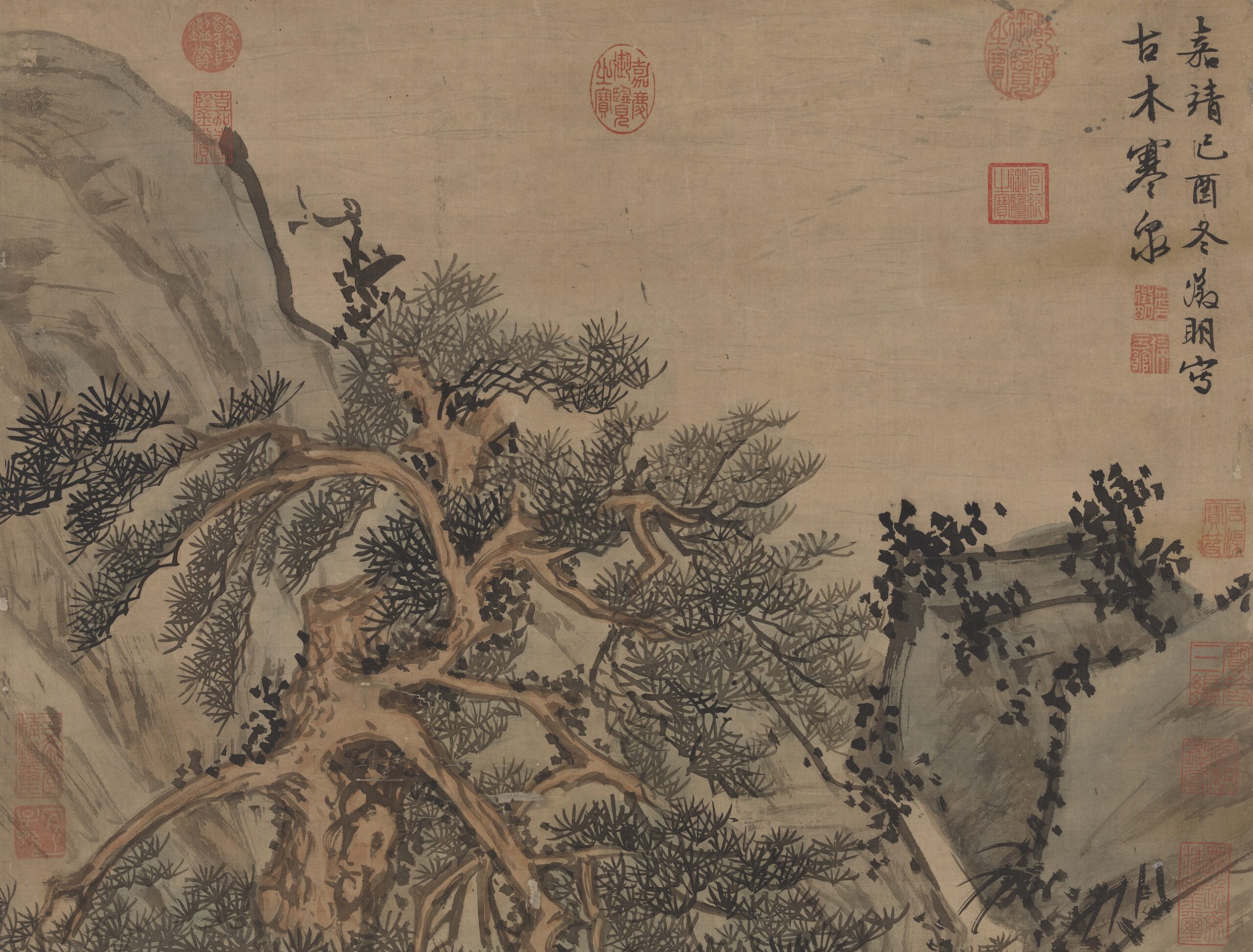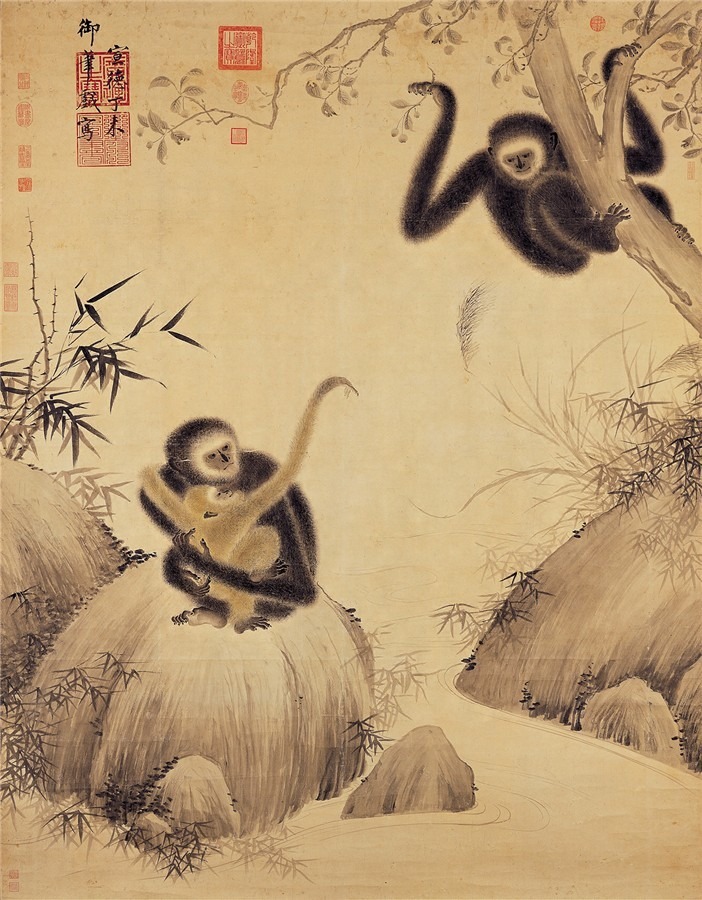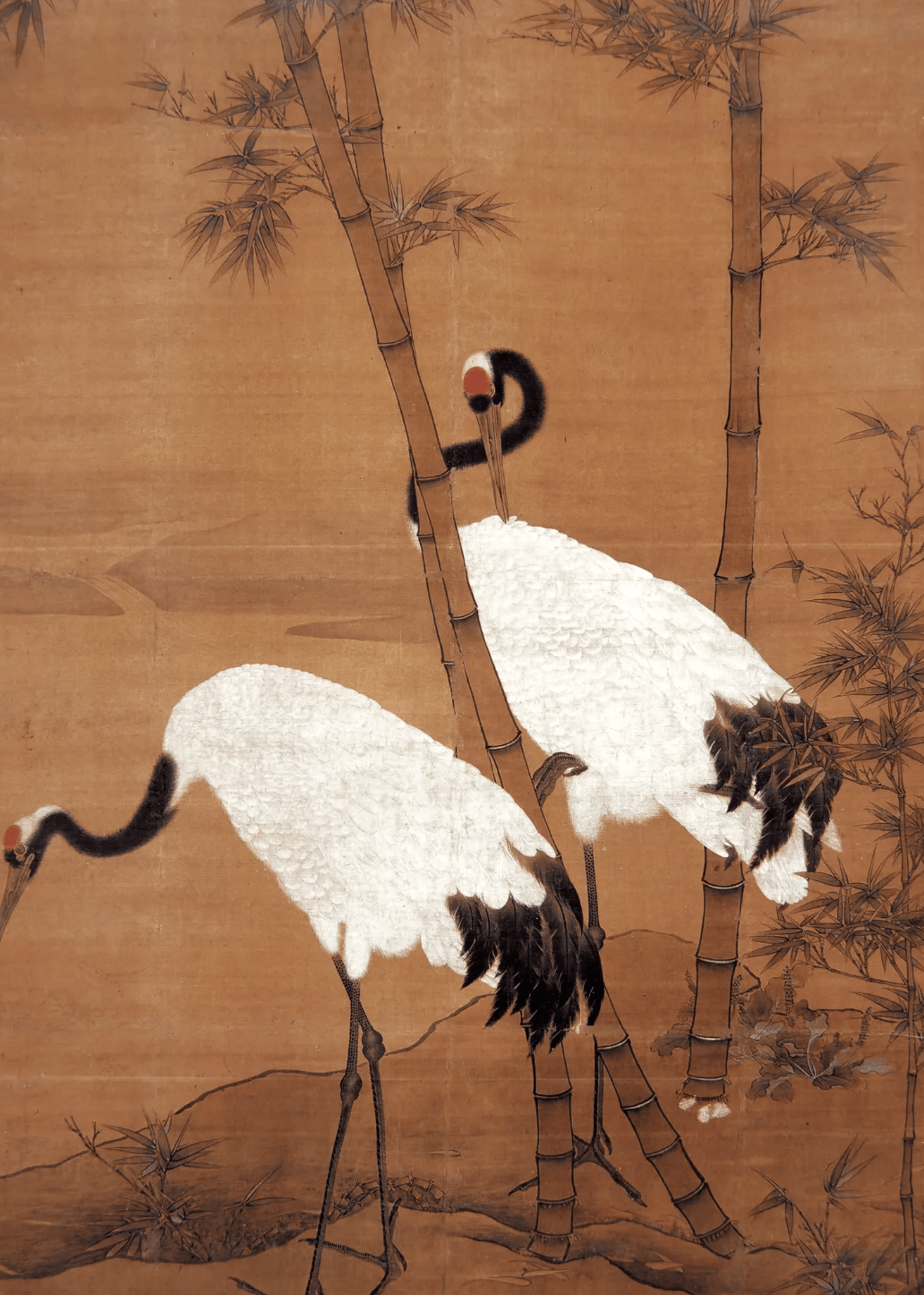Yu Yunshi
When Jintan(金壇) Yu Yunshi(于雲石) was working in the Hanlin Academy(翰林), he had to bring his father to the capital for support.
Mr. Yu traveled alone to the capital. One day, halfway there, it was getting late, and there was no one around. After searching for a while, he finally found an inn and went in to stay for the night. However, the innkeeper said the rooms were all full and couldn’t accommodate him, asking him to find another place.

